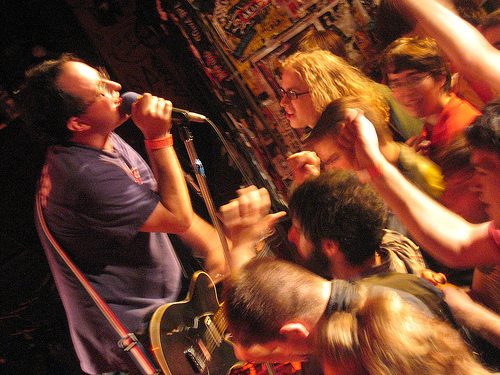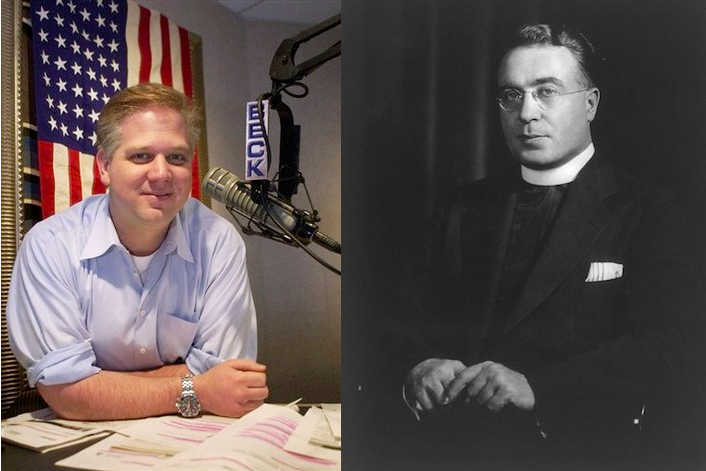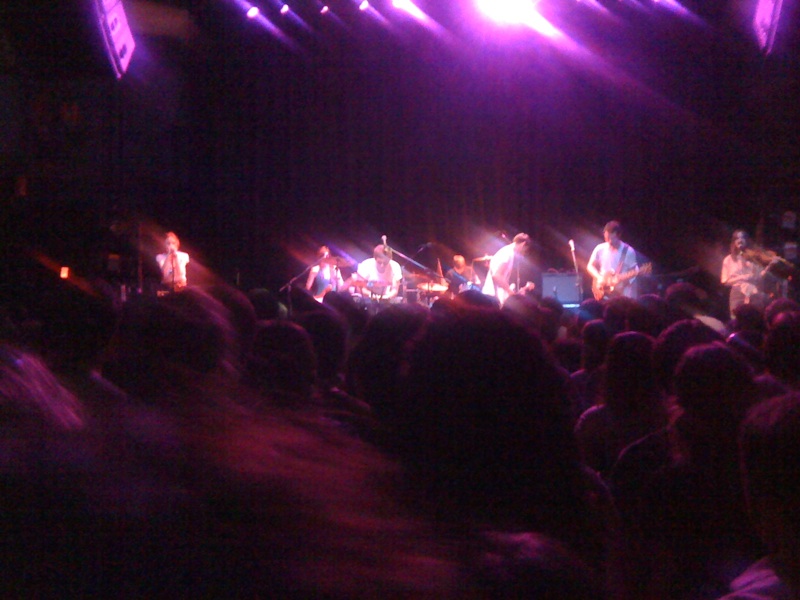Two things struck me about Iron and Wine’s concert at the historic and increasingly moldy Wilma Theater last night. The first was that Missoula absolutely loves Iron and Wine. In retrospect that makes a lot of sense, but I was shocked to find the Wilma sold out and, when we arrived near the end of the opener, devoid of empty seats to the very back row of the balcony. From my position in that remove, I was also struck by how many microphones and instruments were onstage.
I had not really listened to Iron and Wine since 2006, when the alt-country/Americana craze reached its frenzied peak. The name of the band is perfect in a way that verges on comical if you remember that scene. Although he was affable and funny last night, Sam Beam—the auteur who essentially is Iron and Wine—represented a kind of bearded seriousness that I now remember as my least favorite feature of the genre. As we approached the Wilma, I reflected that the Iron and Wine show posed a significant danger of putting me to sleep.
Then Marvin Gaye came on. Actually it was Iron and Wine, but between the horn section, the string section and the backup singers—backup singers!—the confusion was understandable. The songs sounded nothing like the Iron and Wine I remembered. During the middle third of the show, Beam settled in with a spotlight and a guitar and sang several of his extraordinarily pretty/depressing folk songs, but the first half hour was essentially soul music.
Clearly, Iron and Wine had changed dramatically since 2006. It did not seem to be a sudden departure, either, because the crowd was going insane. They were as plaid-clad and 35 as I expected them to be, but they were wiling out to a completely unexpected kind of music.
Here is where any Iron and Wine fan who is still reading this—presumably because he can’t wait to read the show report of a person who doesn’t particularly like the band and hasn’t listened to it in years—will get mad: I like the soul jam version of Iron and Wine much better than the unheated cabin version.
It makes much better use of Beam’s considerable falsetto, in a context that makes it sound fun rather than mournful. Beam either has a very good bassist or a knack for writing engaging rhythm lines. And it makes for a much more energetic live performance, what with the horn section dancing like the Four Tops (white version with hip injuries) and everyone onstage clearly having a great time.
Again, the enthusiasm of the audience suggested that this change in Iron and Wine’s style happened gradually. Perhaps you need to live in Missoula for a while to appreciate how absurdly appropriate it is for Iron and Wine to sell out the Wilma and the very identifiable demographic in attendance last night. That demographic makes sense in the context of Beam’s old material, though. Watching them go crazy for completely different music was a jarring experience and a pleasant surprise.





